Why you shouldn't use baking soda and vinegar to unclog a drain, and what to use instead
It can 'inadvertently reduce the lifespan of your plumbing infrastructure,' warn pros

Chiana Dickson
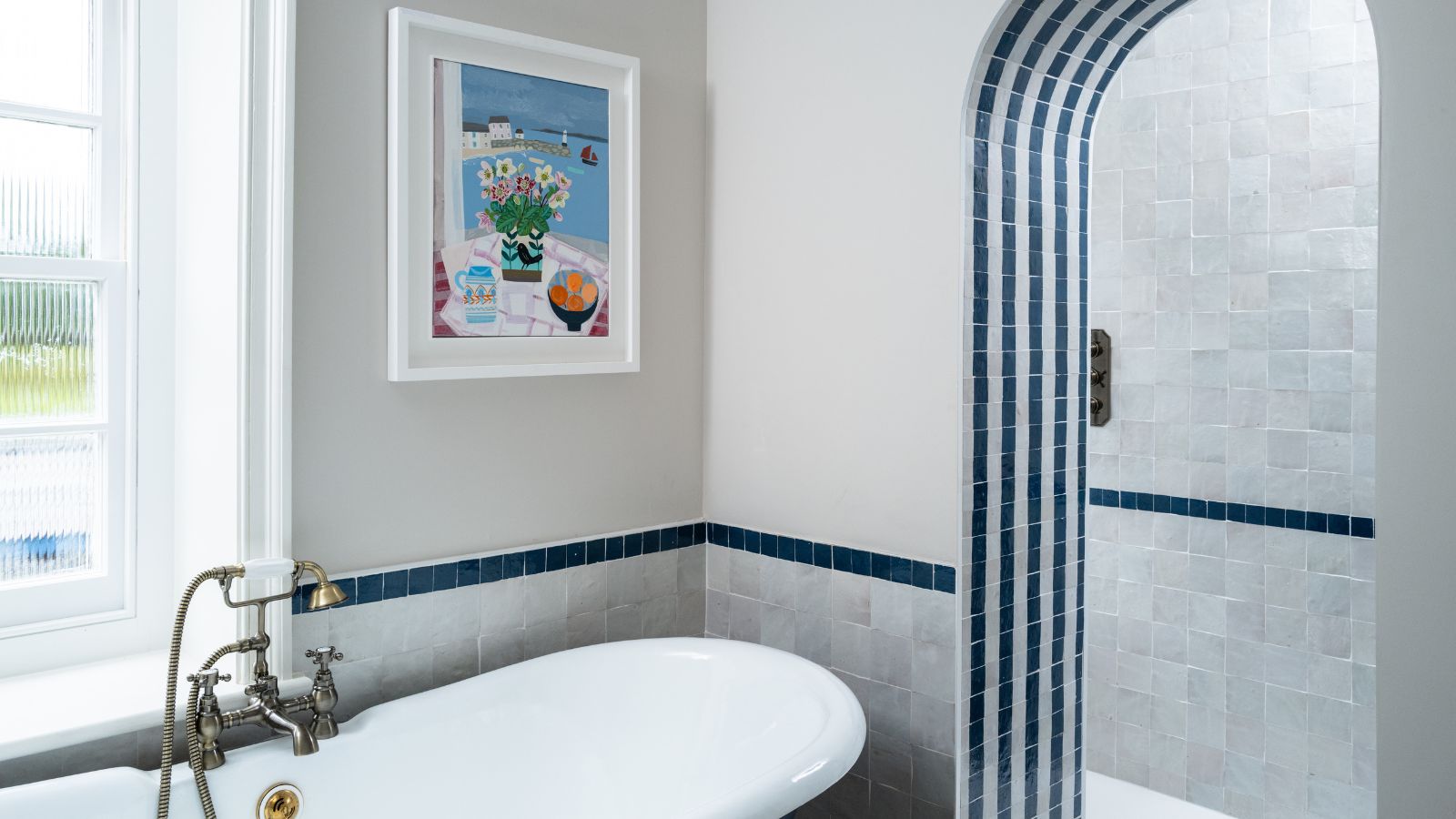
Design expertise in your inbox – from inspiring decorating ideas and beautiful celebrity homes to practical gardening advice and shopping round-ups.
You are now subscribed
Your newsletter sign-up was successful
Want to add more newsletters?

Twice a week
Homes&Gardens
The ultimate interior design resource from the world's leading experts - discover inspiring decorating ideas, color scheming know-how, garden inspiration and shopping expertise.

Once a week
In The Loop from Next In Design
Members of the Next in Design Circle will receive In the Loop, our weekly email filled with trade news, names to know and spotlight moments. Together we’re building a brighter design future.

Twice a week
Cucina
Whether you’re passionate about hosting exquisite dinners, experimenting with culinary trends, or perfecting your kitchen's design with timeless elegance and innovative functionality, this newsletter is here to inspire
A mix of vinegar and baking soda is often touted as being the best all-natural combination when it comes to home cleaning, but there's one specific task professional cleaners warn us not to use it for – unblocking pipes.
But why shouldn't you use baking soda and vinegar to unclog a drain? With both these natural ingredients providing strong degreasing effects and deodorizing properties, without harsh chemicals, it's surprising to hear that the combination could do your plumbing and pipes more harm than good.
So, here cleaning experts and plumbers explain everything you need to know about why you should never use these common kitchen ingredients to unclog a sink, and what you should use instead.
Why you shouldn't use vinegar and baking soda to unclog a drain
1. It can corrode old pipes
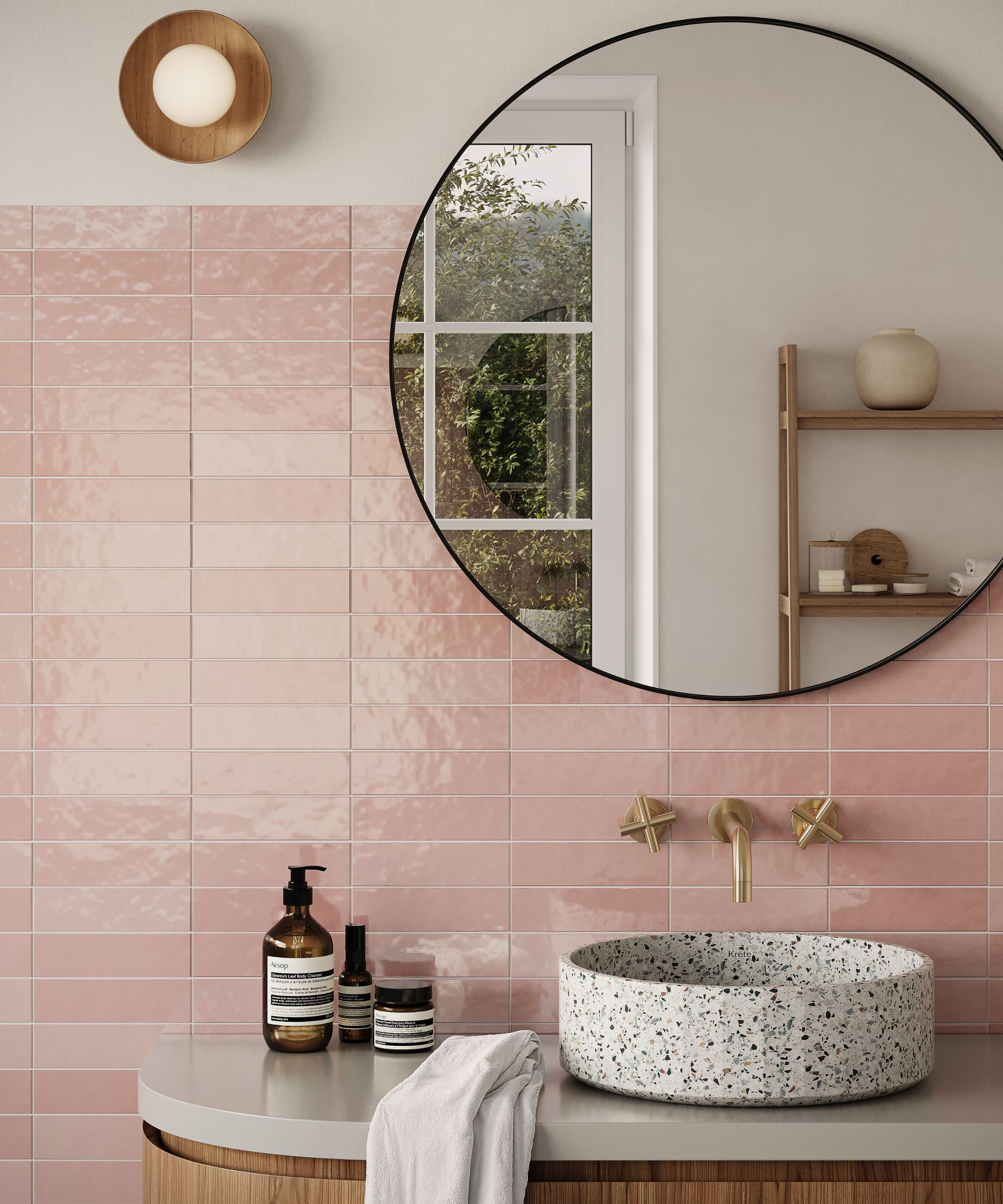
Using baking soda and vinegar to unclog drains may damage old pipework.
One of the main reasons that a mixture of vinegar and baking soda is one of the liquids to never pour down your sink when tackling any surprising things that are clogging your drains is that it can damage pipework, particularly old pipes that have not been replaced in several years.
Mark Morris from Deluxe Plumbers explains, ‘Some homes, especially older ones, may have metal pipes. Consistent use of acidic solutions, like vinegar, can accelerate the corrosion of these metal pipes, leading to weakened integrity and potential breaks or leaks over time.
'The reaction between baking soda and vinegar can also produce salt, which may further contribute to the corrosion process. Using these substances regularly can, therefore, inadvertently reduce the lifespan of your plumbing infrastructure.'
This, therefore, can cause any number of plumbing disasters to be avoided.
Design expertise in your inbox – from inspiring decorating ideas and beautiful celebrity homes to practical gardening advice and shopping round-ups.
2. It can damage rubber seals
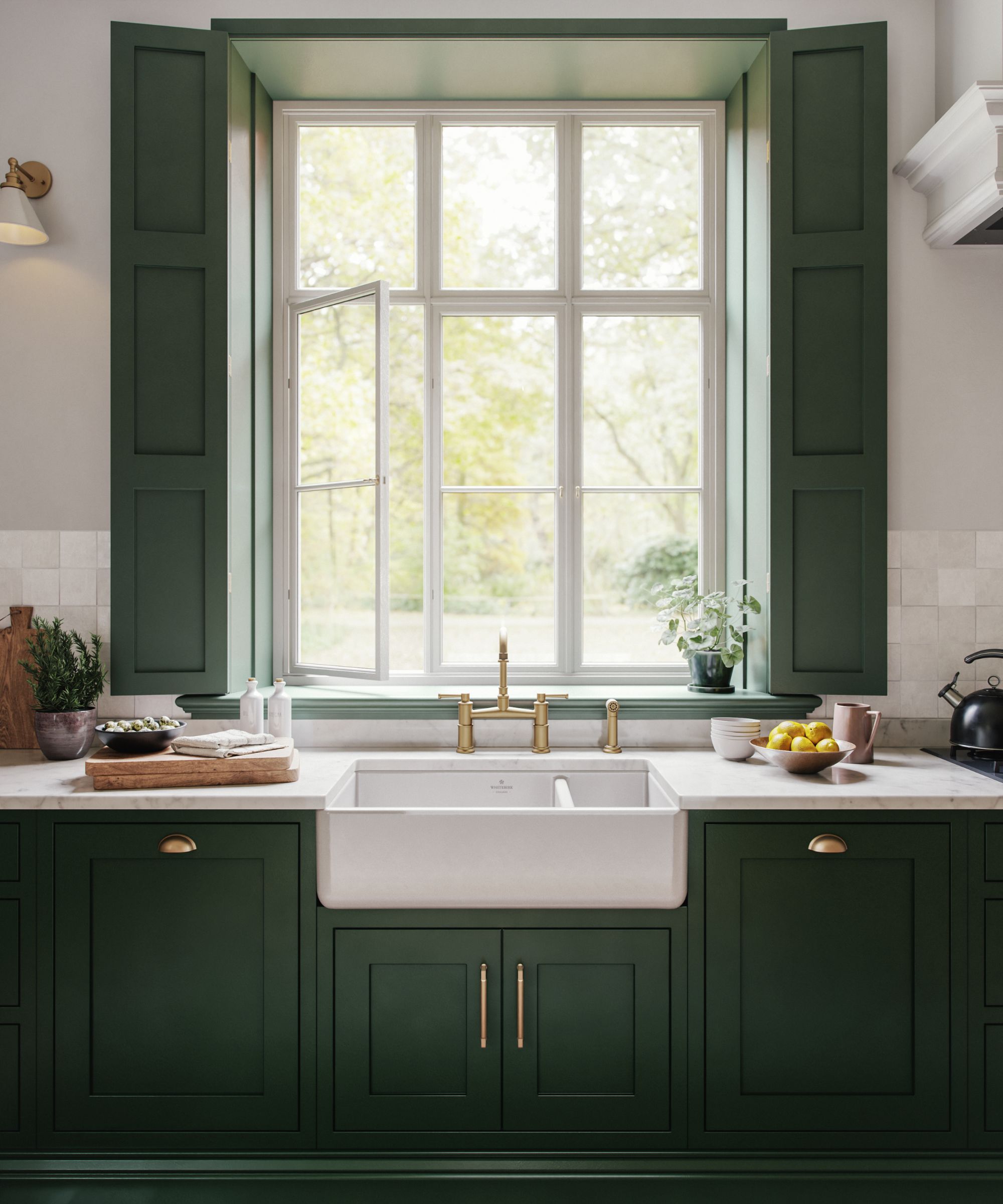
Acidic vinegar, particularly when used with baking soda, can wear down the rubber seals on your pipes.
It's not just your actual pipes you have to be cautious of when unclogging drains. Cleaning with vinegar can also wear down the rubber seals on your pipes over time, as it is acidic, especially when combined with baking soda.
So, says Ralph Abundo, operations specialist at Canberra Bond Cleaning, just as you should never pour salt down your drain, to avoid damage, steering clear of combining baking soda and vinegar can prevent leaks and other damage over time.
This should also prevent you from needing to know what to do if a pipe bursts.
3. It isn't strong enough to break down clogs
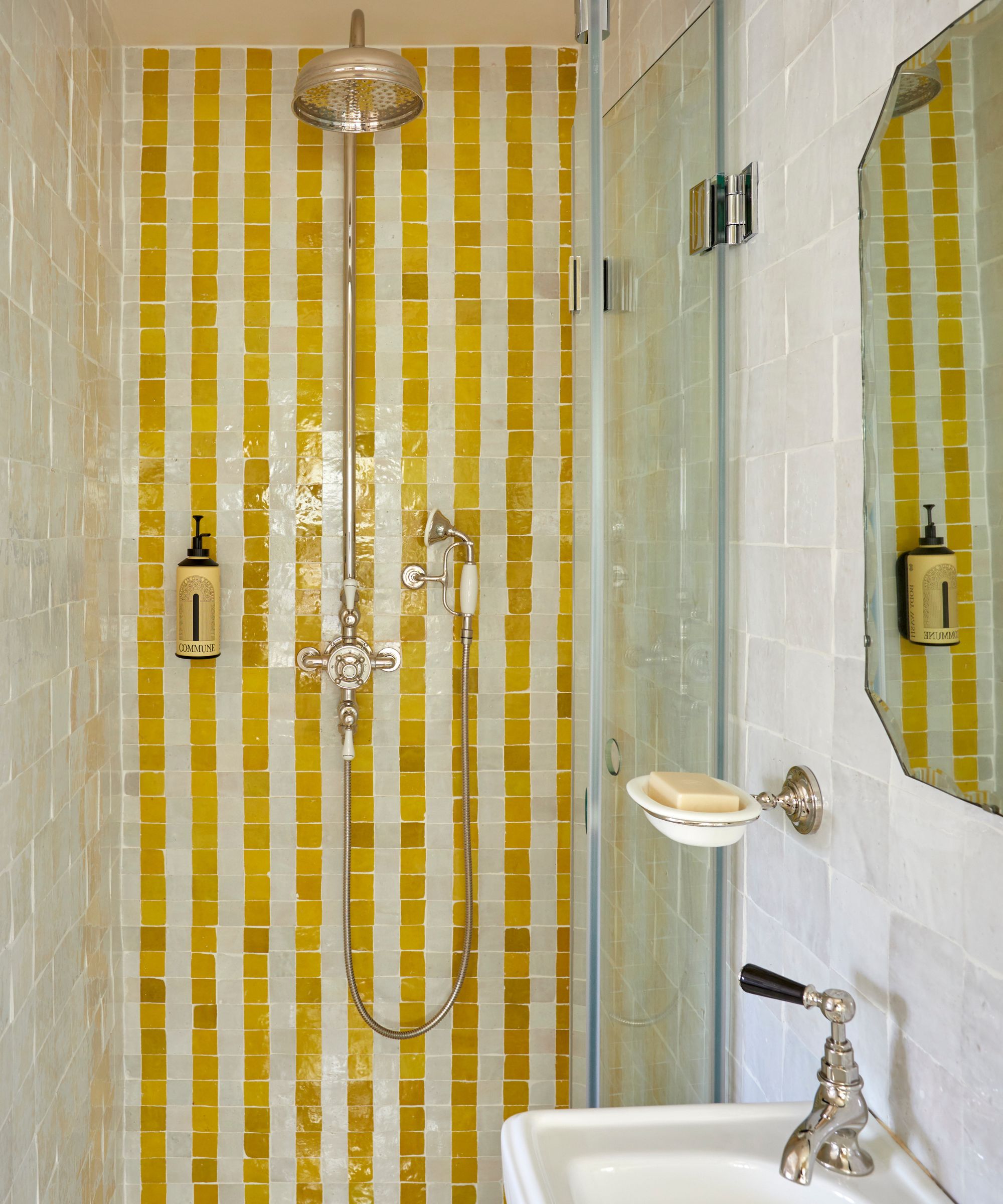
For tough clogs, you'll likely need something stronger than vinegar and baking soda to budge them.
It's well-known that vinegar and baking soda react powerfully when combined together, forming a fizzing chemical reaction, which is why homeowners may be urged to pour vinegar down drains.
However, this effect is often not quite strong enough to actually break down tough clogs to fix a slow-draining sink, shower, or bath, explains Chiana Dickson, cleaning expert and Solved content editor here at Homes & Gardens. For this reason, your drains are one of the few things not to clean with vinegar.
'I love using vinegar by itself for everyday cleaning,' she says, 'and I even cleaned my house using only baking soda and vinegar for a week. That being said, in my experience, the combination is not strong enough to tackle clogs and microbial growth in a kitchen drain.'
'For this reason, it's always best to use the bestselling Drano Max Gel Drain Clog Remover available at Walmart, or a DIY drain cleaning solution professionals swear by to unclog a bathtub drain or fix any reasons why your sink won't drain.'
What to use instead
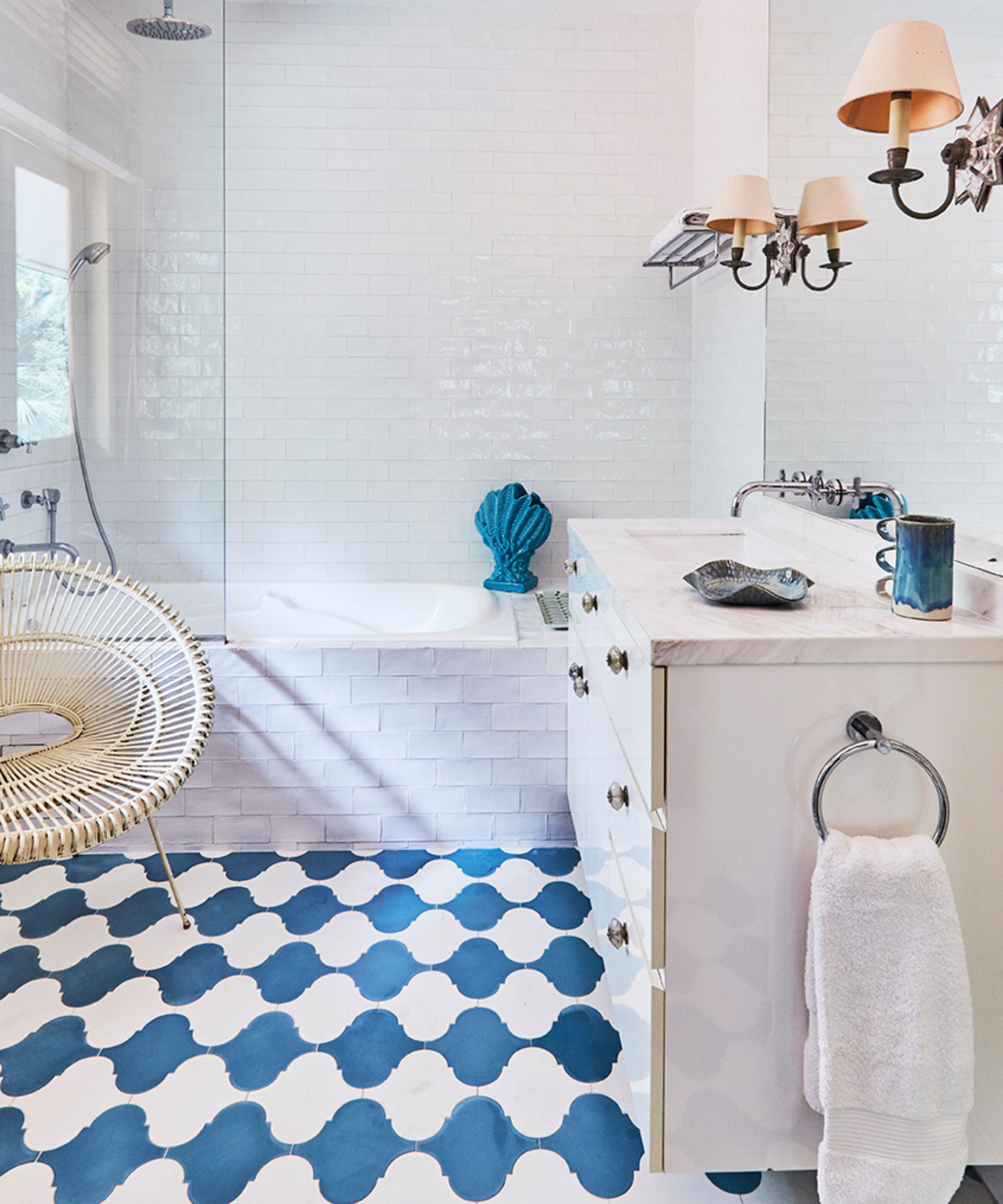
Luckily, there are plenty of effective alternatives, assures our cleaning pro.
Luckily, there are several great solutions that won’t cause further damage to your pipework, says Angela Rubin, cleaning expert at Hellamaid .
She advises, ‘For a more reliable approach, consider using a plunger [such as the popular Luigi's Sink and Drain Plunger available at Amazon] or a drain snake to physically dislodge clogs. Enzyme-based cleaners are also gentle on pipes and effective at breaking down organic matter,’ she advises.
Really, the best approach is to prevent blocks altogether, Angela says, ‘To prevent blockages in the first place, consider using sink strainers, at Amazon, to catch hair and debris before they enter the pipes. Regularly flushing drains with hot water can help prevent build-up, and avoiding pouring grease down the drain is essential.’
What to shop
All prices were correct at the time of publication.
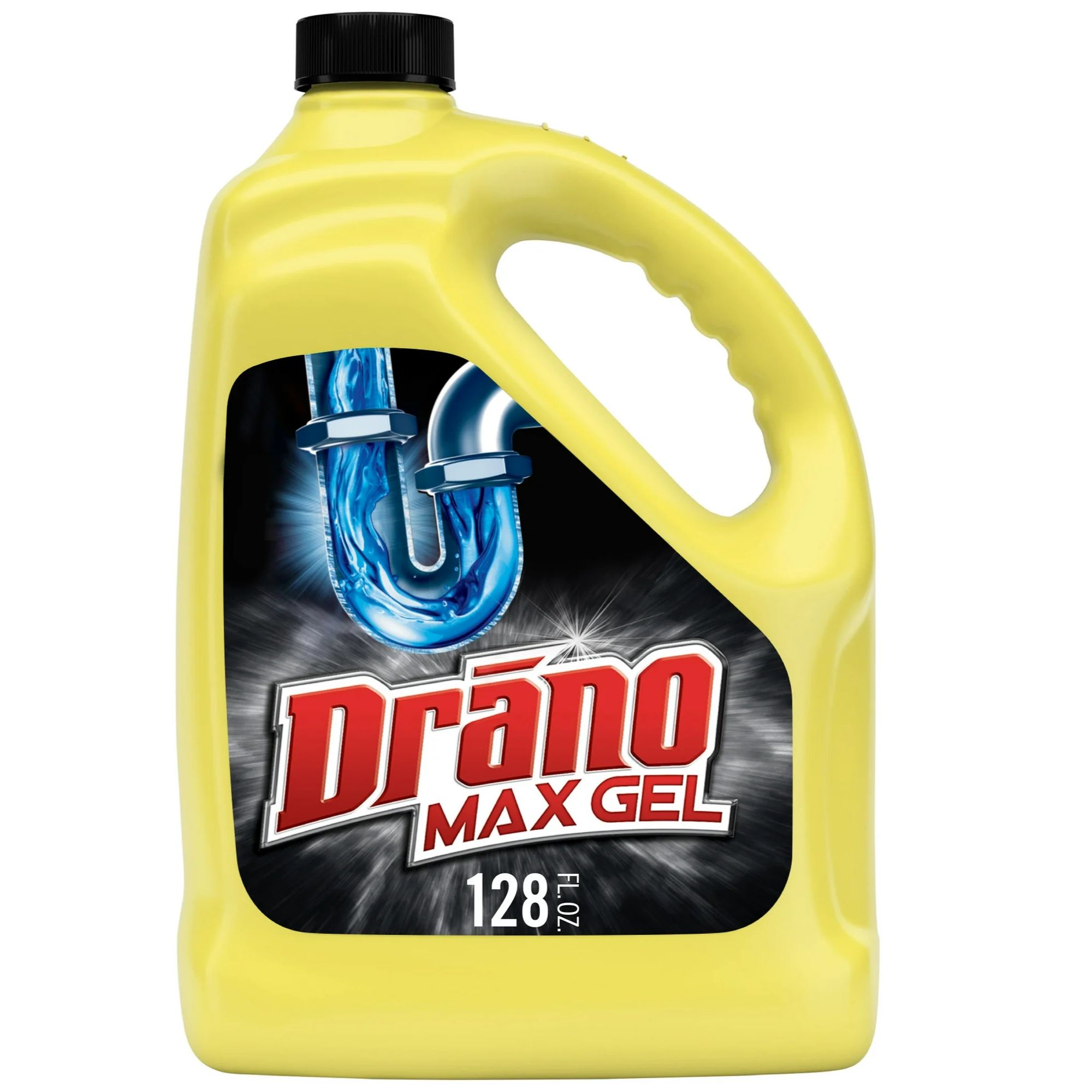
This drain and clog remover guarantees 100 per cent removal, with a thick formula to dissolve even the toughest of clogs quickly and efficiently. It's safe for use on PVC, metal pipes, garbage disposals and even septic systems.
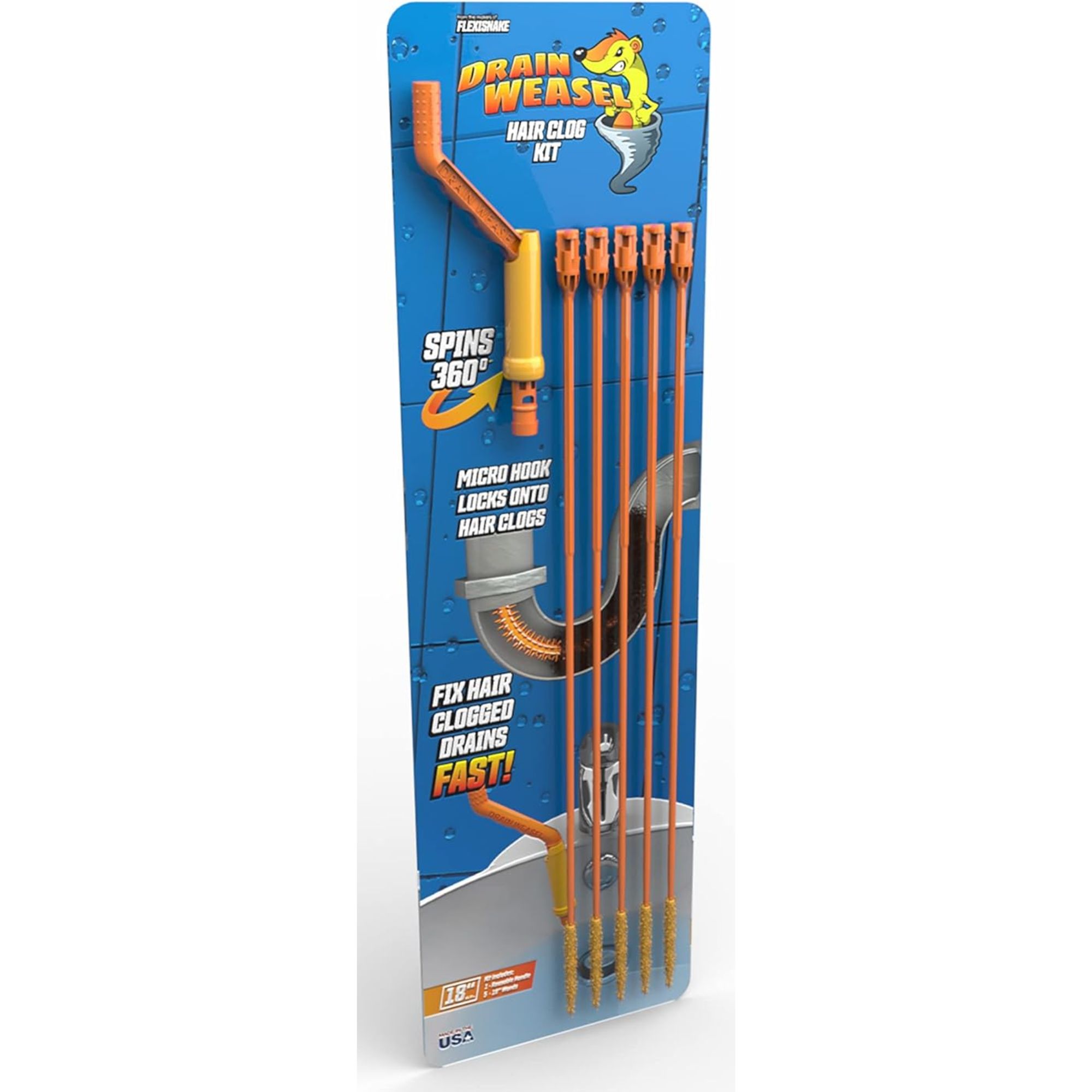
With a unique 360 degree rotation, this 18-inch drain snake uses micro-hooks to lock in hair, filth and grime. Our expert-led guide on how to use a drain snake makes the process easy.
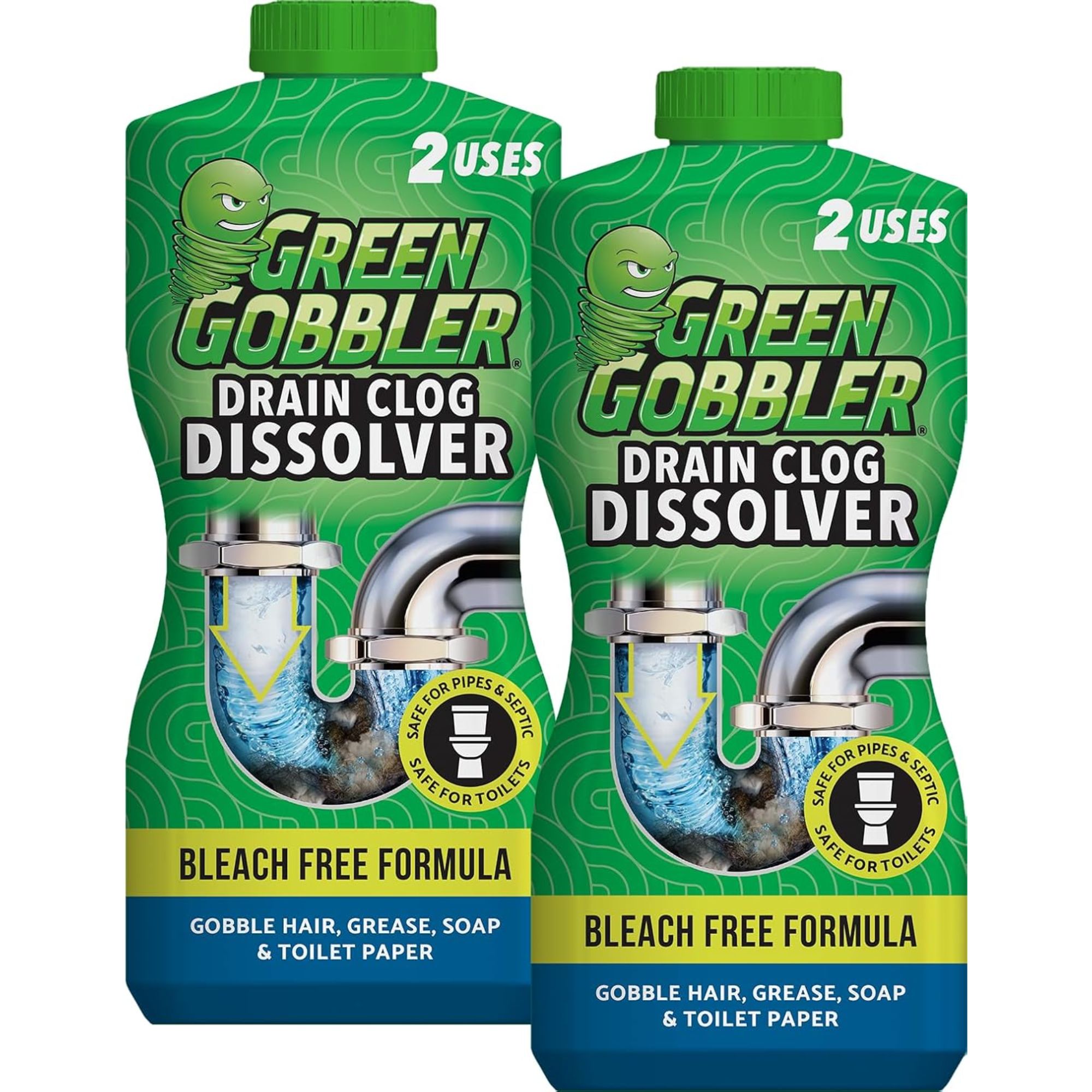
This drain clog dissolver effectively tackles hair, soap scum, toilet paper, grease, and flushable wipes, all while being non-corrosive on plumbing, and free of bleach, lye, and VOCs.
FAQs
What happens if you put too much baking soda in a drain?
If you put too much baking soda down a drain onto a clog, it can sit on the clog and become a solid mass, particularly when subjected to more and more water. This will worsen the blockage and make it even harder to remove. Instead, consider using a commercial drain cleaner and deodorizer, like Liquid-Plumr, available at Amazon, designed to help break down grease and hair clogs and freshen up bad-smelling pipework.
Does salt and boiling water unclog drains?
Salt and boiling water is not a great drain unblocker or deodorizer and is best avoided if you have a slow-draining sink. In fact, you should actually never pour boiling water down the drain.
Instead, consider a commercial unblocker such as Drano Max Gel from Walmart, and flush it through with boiling water after the recommended sitting time to further help free your pipes from blocks and bad smells.
Meet our experts

Mark is a master plumber and HVAC technician at DeluxePlumbers, with extensive knowledge about emergency plumbing, pipe relining, leaking taps and more.

Chiana is the Solved content editor at Homes & Gardens, and is our resident 'queen' of non-toxic living. She spends most of her time helping readers get the most out of their homes through clever decluttering, cleaning, and tidying tips – many of which she tests and reviews herself in her own home.

Hellamaid was founded in 2017, and has since been featured in Forbes, Apartment Therapy, Real Homes, Martha Stewart and more.
There are also plenty more areas of the home to never clean with baking soda and vinegar, warn experts, from marble and granite to glass and mirrors.

Ottilie joined Homes & Gardens in 2024 as the News Writer on Solved, after finishing a Master's in Magazine Journalism at City, University of London. Now, as the Sleep Editor, she spends her days hunting deals and producing content on all things sleep – from mattresses and sheets to protectors and pillows, all of which she tests in her own home. She also has particular expertise in home fragrance, covering everything from candles to reed diffusers.
Previously, she has written for Livingetc and Motorsport Magazine, and also has a Master's degree in English Literature and History of Art from the University of Edinburgh, where she developed a love for inspiring interiors and architecture.
- Chiana DicksonKitchen Appliances Editor